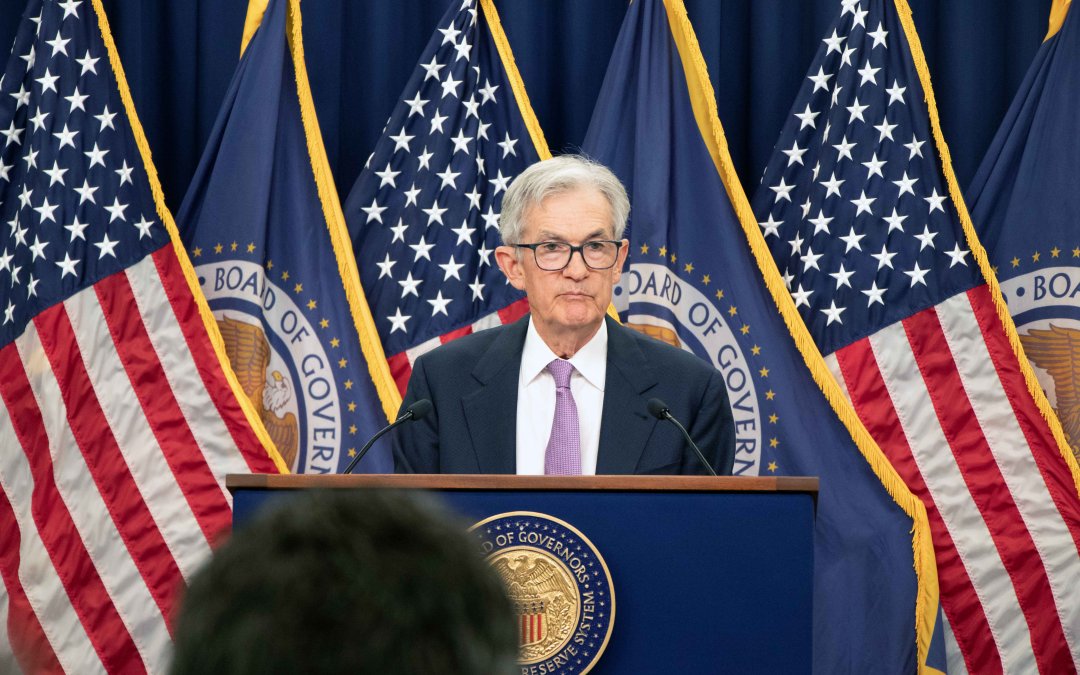WASHINGTON – The Federal Reserve cut interest rates by 0.25% at its Nov. 7 meeting, with Federal Reserve Chair Jerome Powell underscoring the central bank’s commitment to its dual mandate and reinforcing its independence in response to potential political pressures from the incoming Trump administration.
Powell detailed the Fed’s focus on inflation, labor market stability, and rate guidance while avoiding direct engagement with questions on Trump’s possible influence over future policy.
The 0.25% rate cut underscores the Fed’s focus on balancing inflation control with labor market resilience.
“We are committed to maintaining our economy’s strength by supporting maximum employment and returning inflation to our 2% goal today,” Powell stated, signaling the Fed’s cautious stance.
The decision reflects recent economic data, with payroll growth slowing, unemployment rising to 4.1% and wage growth easing. Despite these shifts, Powell expressed confidence in the Fed’s “appropriate recalibration” to stabilize inflation while sustaining economic growth.
Facing questions about his own future under Trump, who has been critical of Powell, he firmly asserted that he would not resign if asked by the President-elect and stating that such interference is “not permitted under the law.” The response underscores the Fed’s statutory independence.
Powell made clear that the Fed’s decisions are driven by economic data rather than political considerations. “Our actions affect communities, families, and businesses across the country,” he remarked, reinforcing a commitment to economic stability.
Powell stated “In the near term, the election will have no effects on policy decisions,” and avoided speculating on how Trump’s potential policies might influence the economy.
“We don’t guess, we don’t speculate, we don’t assume,” said Powell. However, he acknowledged that over time, such policies could have economic effects that might influence the Fed’s pursuit of its dual mandate.
“We are prepared to adjust our assessments of the appropriate pace and destination as the outlook evolves,” he stated, indicating that the Fed stands ready to adjust its approach based on evolving conditions.
Powell also addressed long-term fiscal sustainability, warning that the U.S. federal deficit is “on an unsustainable path” and poses risks to economic health. In addition, he acknowledged elevated geopolitical risks but noted that the U.S. economy has shown resilience in the face of these challenges.
Uncertainty around the scope of executive influence over the Fed remains a likely focal point as Trump takes office, especially given his hints at potential new appointments and his vocal criticism of the current chair. Powell, avoiding direct remarks on his reappointment, underscored the importance of legal protections that secure the Fed’s independence.
Changes in Fed leadership could prompt policy shifts, introducing further unpredictability for businesses and investors.
Looking forward, Powell affirmed the Fed’s commitment to data-driven decisions, emphasizing that it would continue responding to economic indicators over political influence.
The next Federal Reserve interest rate announcement, along with updated economic projections, is scheduled for Dec.18.

